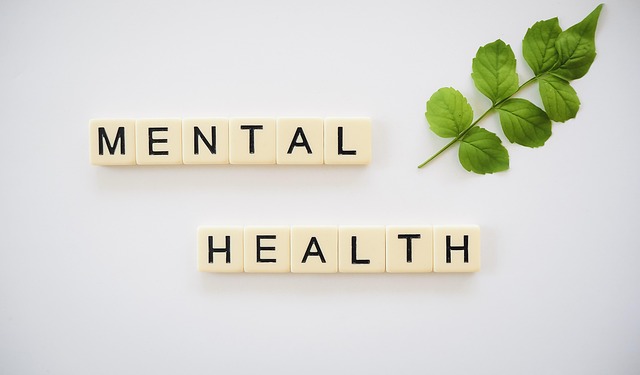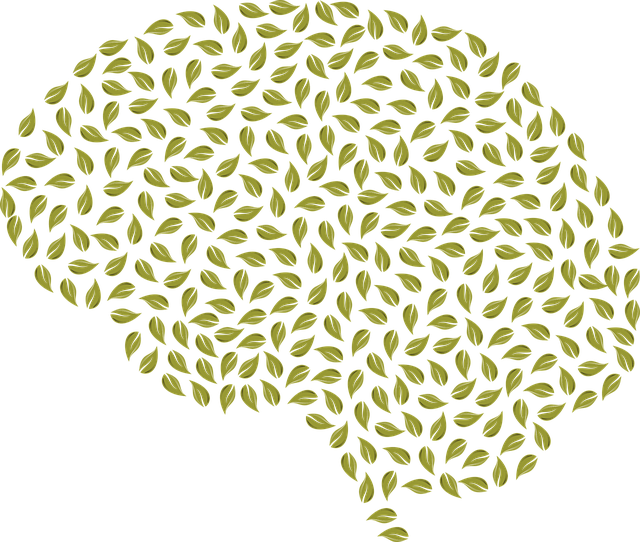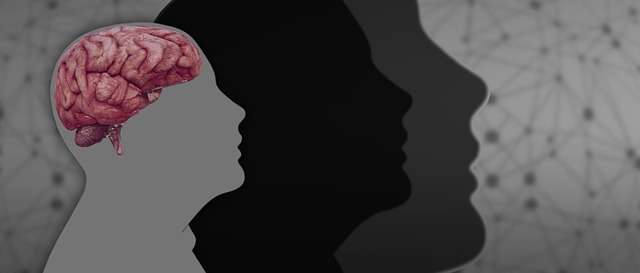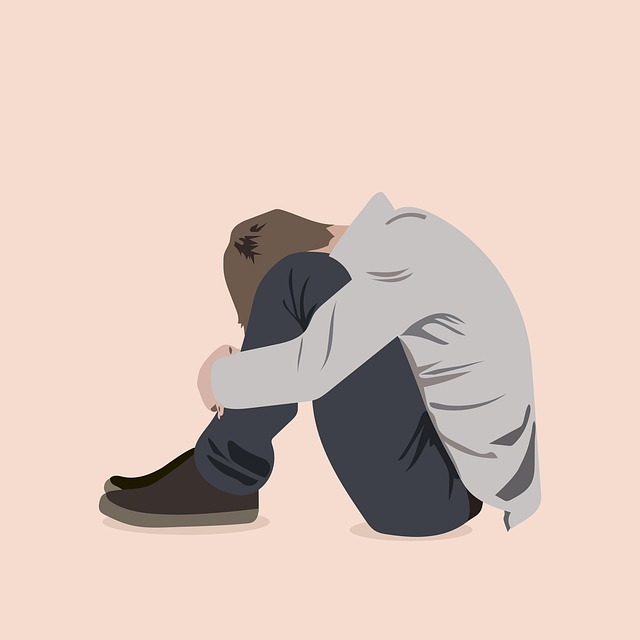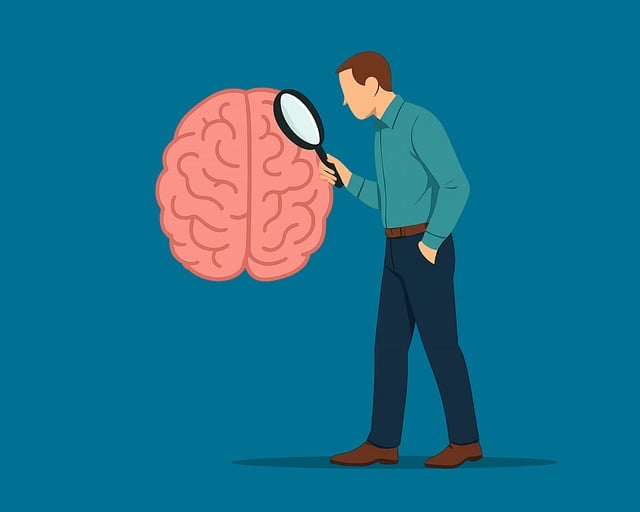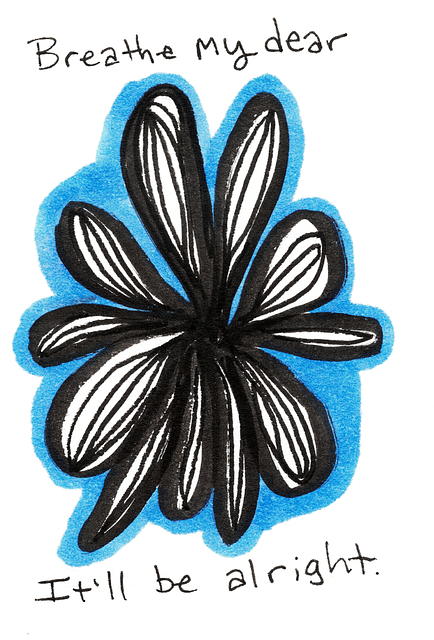App development focused on mental health for elders and child abuse survivors should prioritize tailored, user-friendly solutions. For seniors, apps must address social isolation, depression, and cognitive decline with simple interfaces, voice commands, and therapeutic exercises. Survivors of child abuse need secure spaces, trauma-informed therapy, and coping mechanisms integrated into the design. Effective marketing considers tech literacy gaps, emphasizes app benefits for quality of life, and partners with senior services to foster trust and community.
Mental wellness app development is a growing field, especially with the recognition of mental health issues among elders and child abuse survivors. As technology advances, customized therapy apps tailored to these populations are becoming increasingly vital. This article explores key aspects, from understanding specific mental health challenges to implementing senior-friendly features and effective marketing strategies. By focusing on therapy for elders and child abuse victims, we aim to highlight the importance and potential of digital solutions in addressing these critical issues.
- Understanding Mental Health Issues in Elders and Child Abuse Survivors
- The Need for Customized Therapy Apps for Elderly Populations
- Key Features of an Effective Therapy App for Elder Abuse Victims
- Technological Considerations for Developing Senior-Friendly Mental Wellness Apps
- Marketing and User Adoption Strategies for Elder Mental Health Applications
Understanding Mental Health Issues in Elders and Child Abuse Survivors

Understanding mental health issues among elders and child abuse survivors is paramount in app development focused on improving mental wellness. Elders often face unique challenges such as loneliness, depression, and cognitive decline, which can be exacerbated by societal isolation. Many struggle with adjusting to changes brought about by aging, leading to increased risk of burnout. Apps designed for this demographic should prioritize features that foster social connections, offer therapeutic exercises tailored to their needs, and promote self-care routines to combat these issues effectively.
Child abuse survivors, on the other hand, require specialized care due to potential long-term psychological impacts, including anxiety disorders, depression, and post-traumatic stress disorder (PTSD). Apps aimed at supporting them should incorporate tools for self-awareness exercises, trauma-informed therapy techniques, and safe spaces for sharing experiences. By addressing these specific mental health concerns through innovative digital solutions, developers can contribute significantly to the development of robust self-care routines and burnout prevention strategies for both vulnerable populations.
The Need for Customized Therapy Apps for Elderly Populations

The elderly population faces unique challenges when it comes to mental wellness, highlighting a pressing need for customized therapy apps tailored to their specific requirements. Traditional therapeutic approaches may not always resonate with seniors, who have distinct life experiences and preferences. For instance, addressing issues like childhood trauma, a prevalent concern among the elderly, requires sensitive and age-appropriate strategies that go beyond generic solutions. Customized apps can offer targeted interventions, ensuring privacy and accessibility for a generation that might struggle with technology but greatly benefit from it in terms of mental health support.
The development of therapy apps for elders should consider the importance of fostering inner strength and confidence, especially when combating the societal stigma surrounding mental illness. By incorporating user-friendly interfaces and engaging content, these applications can encourage older adults to actively participate in their therapeutic journeys. This is crucial as it promotes self-care practices and empowers them to build resilience, thus enhancing overall well-being and quality of life.
Key Features of an Effective Therapy App for Elder Abuse Victims

An effective therapy app designed to support elder abuse victims should incorporate several key features tailored to their unique needs. Firstly, it must offer a safe and confidential space for users to express their experiences and emotions, fostering trust and encouraging open communication. This can be facilitated through secure messaging, audio/video calling, or even diary-style entries allowing victims to document their feelings anonymously if desired.
Secondly, the app should integrate evidence-based practices such as social skills training and compassion cultivation exercises. These tools empower users with coping mechanisms and self-care strategies, helping them rebuild their confidence and sense of safety. Additionally, incorporating risk management planning for mental health professionals ensures a proactive approach to user safety, enabling prompt interventions when necessary.
Technological Considerations for Developing Senior-Friendly Mental Wellness Apps

When developing mental wellness apps tailored for seniors, it’s crucial to consider the unique technological needs and preferences of this demographic. Older adults may face challenges with smaller screens, reduced dexterity, and varying levels of digital literacy. App developers should thus prioritize simplicity, accessibility, and ease of use. Larger fonts, high-contrast displays, and voice command functionality can significantly enhance usability for seniors.
Moreover, incorporating empathy building strategies and mind over matter principles can be particularly beneficial. Features like guided mindfulness meditation or stress reduction techniques can help address issues stemming from past child abuse, fostering a sense of safety and emotional well-being. By combining intuitive design with evidence-based practices, mental wellness apps can become powerful tools to support the resilience and mental health of seniors.
Marketing and User Adoption Strategies for Elder Mental Health Applications

Marketing mental wellness apps for elders requires a nuanced approach that addresses unique needs and challenges within this demographic. Many older adults may be tech-savvy, but others face barriers like limited accessibility or resistance to change. Therefore, marketing strategies should emphasize the app’s user-friendly design and highlight its potential to improve quality of life and social connections. Tailoring messaging to address specific concerns relevant to elders—such as isolation, cognitive decline, and trauma from child abuse—can foster trust and interest.
Effective user adoption goes beyond mere promotion; it involves building partnerships with senior centers, community outreach programs, and healthcare providers who can integrate the app into existing support systems. Implementing cultural sensitivity in mental healthcare practice is vital, ensuring the app resonates with diverse elder populations. Compassion cultivation practices within the app—like mindfulness exercises or peer support groups—can create a sense of belonging and safety, encouraging consistent usage. Additionally, offering training sessions or tutorials to caregivers and family members can enhance understanding and encourage joint participation.
The development of mental wellness apps, tailored to address the unique needs of elderly populations and child abuse survivors, is a promising approach in modern healthcare. By leveraging technology, these applications can provide accessible and personalized therapy, filling critical gaps in support systems. With careful consideration of user experience, privacy, and marketing strategies, senior-friendly mental health apps have the potential to revolutionize care, offering a glimmer of hope and improved well-being for often underserved communities.

